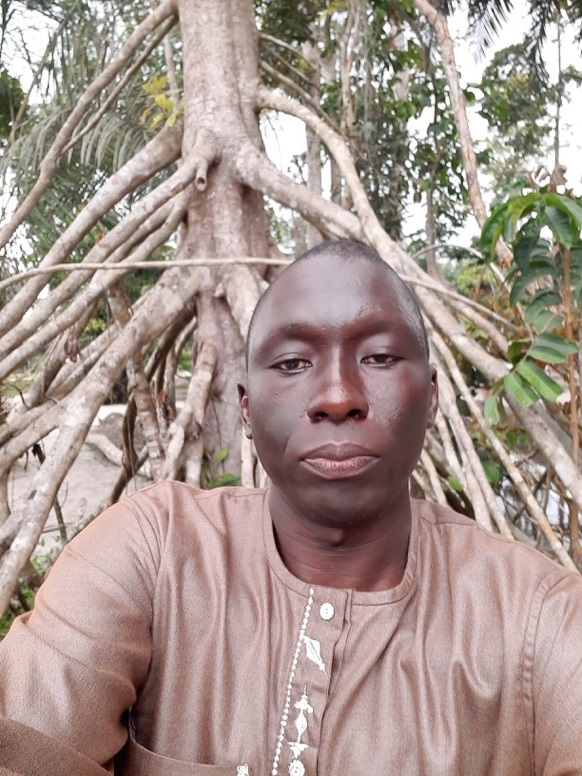Humboldt Research Fellows from Ivory Coast and Cameroon at KIT
From April to September 2023, two experienced researcher from Africa visited the working groups “Atmospheric Dynamics” and “Tropical Meteorology” at the Institute of Meteorology and Climate Research - Troposphere Research (IMKTRO) through the Henriette Hertz Scouting Programme of the Humboldt Foundation. The first, Dr. Evelyne Touré is currently a senior researcher at the “LAboratoire des Sciences de la Matière et de l’Energie Solaire (LASMES)” at the University Félix Houphouët-Boigny in Abidjan (Ivory Coast). Evelyne received her Ph. D. in 2015 within the Doctoral Research Programme of the West African Climate Systems (DRP-WACS) of the West African Science Service Centre on Climate Change and Adapted Land Use (WASCAL), a German funded program hosted at the Federal University of the Akure (Nigeria). As a PostDoc at the Laboratoire d’Aérologie at Université Paul Sabatier Toulouse III (France), she participated in the EU-funded “Dynamics-Aerosol-Chemistry-Cloud-Interaction” (DACCIWA) project that was coordinated by Peter Knippertz (IMKTRO). In her research, she takes up an unresolved research question from the DACCIWA project about the role of the land-sea breeze circulation at the Guinea Coast for coastal pollution in the area of Abidjan, the economical capital of Ivory Coast. “The role of the land-sea breeze system for precipitation and air pollution along the populous Guinea Coast is – despite its outstanding societal relevance – a surprisingly neglected topic”, says Peter Knippertz, the host of Dr. Touré. Since April 2023, Evelyne has acquired and quality-checked surface weather observations from various sources in her study region, identified suitable land-sea breeze days based on these data and satellite imagery, and conducted first test simulations using the ICON model. “We learned a lot about the intricacies to identify the passage of the land-sea breeze front at automated weather stations” Dr. Touré says. For Evelyne’s next visit in 2024, we are now prepared to study the impact on pollution in depth and model several cases”, states Peter Knippertz.

The second fellow is Dr. Derbetini Appolinaire (“Appo”) Vondou, an Assistant Professor at the Laboratory for Environmental Modelling and Atmospheric Physics at the University of Yaoundé 1 in Yaoundé (Cameroon), from where he also earned his Ph.D. in 2010. Andreas Fink, host of Appo at IMKTRO, met him in 2008 at the first Ewiem Nimdie Summer School in Kumasi (Ghana). In fall 2019, after a very wet October in general and a multi-day wet spell at the end of this month, a landslide in Bafoussam (Cameroon) claimed several lives. This event motivated him to study the causes and predictability of multi-day wet spells in western equatorial Africa. “Research in the region has either focused on individual daily extreme rainfall events or their future development under climate change, but studies on multi-day wet spells and their atmospheric setting are virtually absent”, says Dr. Derbetini Appolinaire. During his summer research, Appo has collected and quality-checked rainfall observations from Cameroon, got familiar with several satellite and reanalyses data sets, and conducted various analyses for that case. “Within a previous study, we have already described the pan-African wetness in fall 2019 and our first results indicate that an anomalous state of the continental monsoon systems will lead us to an explanation of the wet spells” says Andreas Fink. Appo will return in 2024 to further corroborate this hypothesis.
